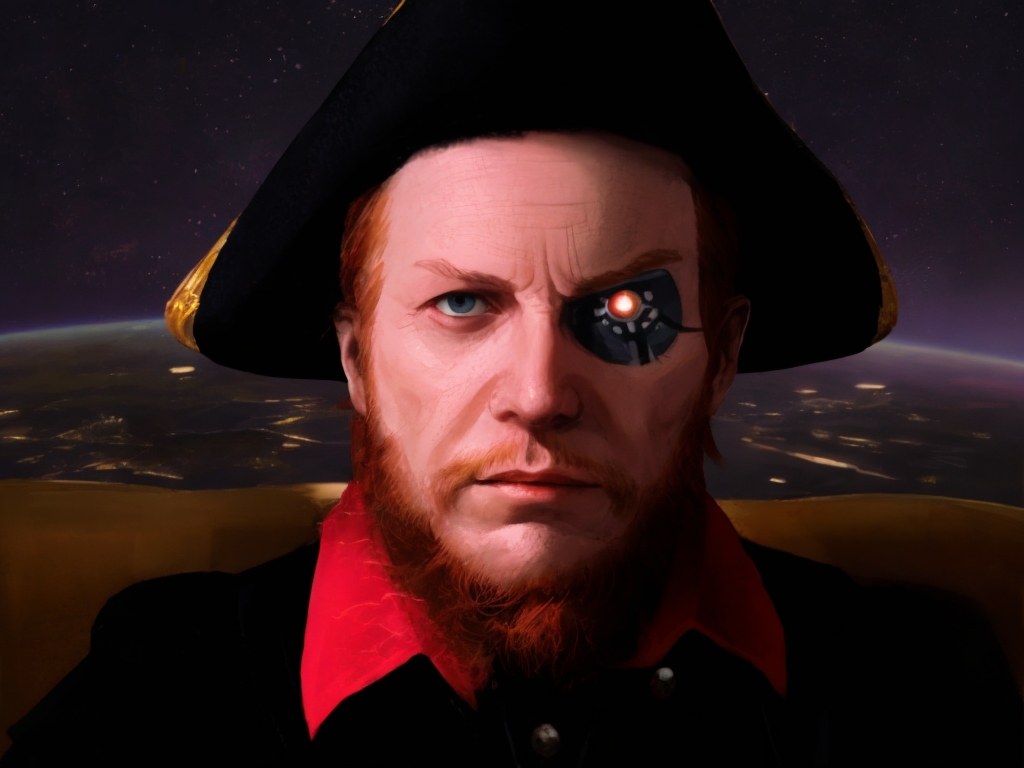Hey there, fellow movie enthusiasts! I’m on the hunt for films that portray positive masculinity. We often see movies with traditional, stereotypical portrayals of masculinity, but I believe there’s a world of cinema out there that can challenge these norms and offer a fresh perspective.
So, I’m turning to you, the experts of Lemmy, to help me discover hidden gems and well-known classics that showcase men in a positive light, breaking free from the clichés. Positive masculinity can encompass a wide range of qualities such as empathy, vulnerability, strength in character, and emotional intelligence. I’m interested in any genre – from drama and comedy to action and sci-fi – as long as the films make us question what it means to be a man.
Let’s curate a list of films that define positive masculinity in cinema.


I can’t see that reddit post without downloading the app, but I think I understand.
With Flapjack, I know that Quintel. Was involved too and he went on to do Regular Show, which ran largely parallel to Adventure Time. A lot of shows in that era of CN I lump together: Flapjack, Chowder, Foster’s, Regular Show, etc. They’re all fine, often with similar and interesting visuals. I think if you’re just looking at technical aspects like the animation, the use of textures, sureal world building, and more you can draw that back to Flapjack.
But I think there’s a huge gap in the writing. Those other shows are mostly just “hijinks of the day”. The writing isn’t all that different from shows throughout the 90’s and 00’s like SpongeBob, Billy & Mandy, Johnny Bravo, Dexter’s Lab, CatDog, etc. That’s where I think Avatar really pioneered, and Adventure Time differentiated itself. Tackling heavy emotional topics in a way that was accessible to a young audience, almost educational with regards to emotional intelligence. Getting children to think and feel complex things instead of just re-hashing the same 2 dozen episode tropes. I never cried watching a Flapjack episode, for example.
I don’t mean to say that it wasn’t done before Avatar. Samurai Jack is notable for going an entirely different direction. Or you can point to Japanese anime (a lot of which gets referenced by these later shows, like Evangelion). Even when it comes to Adventure Time, I would point to Over the Garden Wall as a stronger influence in terms of what made AT unique than Flapjack (though McHale worked on all 3). I didn’t bring up OtGW earlier because it doesn’t really have many examples of positive or negative masculinity, but it does have a lot of dark themes and some serious character development.